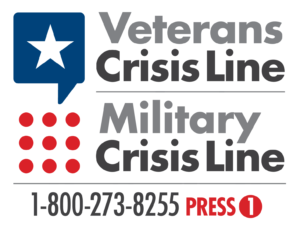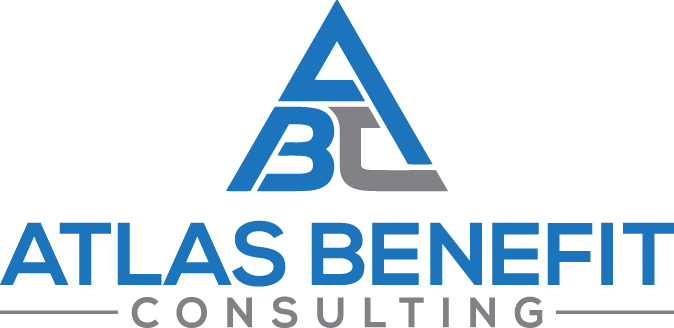Suicide is something we don’t like to hear or talk about, but its prevalence in our society, and in our veterans, is something we need to continue shining light on and fighting to change. Suicide is the second leading cause of death for the overall population of the 10-34 year old age group in our country.
Veteran Suicide
2020 veteran suicide studies and full data are not yet conclusive, as more time, research and compilation of data is needed. Some 2020 and ongoing studies are already suggesting, based on the numbers and correlation available at this time, that the military and veteran population has seen up to a 20% increase in suicides since the coronavirus and lockdown started in March 2020 in the United States.
Factors That May Have Contributed to Increase During Covid-19
Social Isolation
Social isolation is hard on humans. We are naturally wired to need connection and community. Veterans often already feel isolated in many ways, many due to mental and physical disabilities and struggles. The lockdown and overall message to stay away from people during the COVID-19 epidemic has absolutely increased the feeling of isolation, in both veterans and nonveterans alike. Unfortunately, for veterans who are already facing some big mental and physical disability hurdles and struggling with feeling connected, this increased social isolation can be devastating.
Rise in Substance Abuse
Whether alcohol, controlled substances, prescription or illegal drugs, many have turned to substance use and abuse as a way of numbing or coping with the stress, fear and isolation of the past year. Nationwide, usage data and deaths from substances (including overdose) have risen dramatically. The Center for Disease Control and Prevention (CDC) presented data that as of June 2020, over 13% of people started or increased, substance use. This percentage is likely much higher than 13%. Another good article on this topic available here.
Financial Impact, Job Changes & Unemployment
For many Americans, veterans included, Covid brought about massive job and livelihood changes. This ranged anywhere from having work hours and pay cuts, to being laid off and losing a primary or important financial resource for themselves and/or their family. Unemployment became even more dire as jobs changed or became more scarce due to businesses cutting back, changing hours and offerings, or totally shutting down temporarily or permanently due to unrecoverable losses. The VA cites a veteran unemployment rate increase from 2.3% in April 2019 to 11.7% in April 2020.
Fear and Stress of Getting Sick
This pandemic has brought a new type of fear to our generation. Many now greatly fear for their health and that of their family during this time. This fear is exacerbated by nonstop media coverage, fear mongering, division, and having to deal with a global pandemic that is unprecedented for most in their lifetime.
Loss of Someone
Losing someone at any time and for any reason is hard. For those who have lost someone to Covid, while also struggling with other circumstances, the impact is likely to be even more detrimental.
Childcare Changes and Struggles
Many schools went virtual for most or all of the last 3/4 of 2020. (Some are still virtual in 2021.) Whether you support this or not, the strain this has caused on parents is indisputable. Balancing at home virtual learning for their children, caring for younger, preschool aged children, and still managing their day to day work responsibilities, became a new normal for many households, and dramatically increased stress levels for most.
Division of Reports, Opinions, Politics and Media
This has undoubtedly been a year of high division in our country. No matter what your alignment in regards to politics and health, the fact is many conflicting views, expert opinions, and political stands have been pushed HARD during this time. Watching news coverage and reading media reports is already linked to higher anxiety, worry and stress. Add to this the type of coverage and division we’ve experienced and are constantly bombarded with in the media during a global pandemic and an election year, and you end up with a massive piece of stress/anxiety pie.
Conflicting Reports?
The VA reported that veterans who used VA Health Services in 2020 showed a decreased likelihood for suicidal thoughts or inclinations. This study and statement is misleading, as these numbers come strictly from veterans who are actively utilizing Veterans Health Administrative care, and does not address those who are not actively seeking or receiving care for their mental health struggles or disabilities. Of the number of veterans who die each day from suicide, Col. Michael Hudson, VP of veterans behavioral health data collection service ClearForce, estimates that 70% were not in contact with the VA.
The VA’s Public Model for Suicide Prevention shows that starting with awareness, local intervention, and clinical strategies, the hope is that more veterans will engage, access health care, and the suicide rates will decrease. This may be a step in the right direction, but such a prevalent issue needs much more attention, awareness, and connection.

Get Help NOW
It is so important to REACH OUT immediately if you, or someone you know, is struggling.
Call the Veteran and Military Crisis Line at 1-800-273-8255 and PRESS 1.
Connect with Us
Atlas Benefit Consulting can help you navigate the complexities of the VA rating and benefit process. Many veterans are underrated and not receiving the maximum benefits and compensation that they have earned and deserve. Use the button below to connect with one of our team members for a free consultation to determine if you are receiving your maximum!
Click Here for Info on Your Free Consultation

